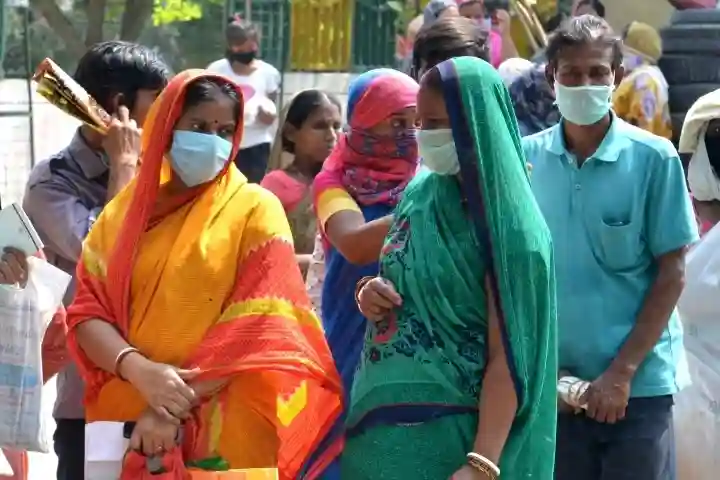

Labour reforms: the need of the hour
The Narendra Modi government is set to expedite efforts towards early implementation and notification of the pending labour codes to enhance income levels and livelihoods of workers engaged in the unorganised sector. But more importantly, the thrust on the labour codes is also to promote gender diversity in the workforce.
The new set of labour laws essentially aims at providing equal opportunities to women workers as well while ensuring wage parity with their men counterparts.
Though the new labour codes are aimed at bringing in uniformity in rules throughout the country, states willing to implement the labour codes may be given a go ahead, since the subject comes under the Concurrent List—implying both state governments and Centre have equal powers to formulate laws.
The four labour codes that encompass wages, industrial relations, social security, and occupational safety, health and working Conditions will replace and consolidate 29 central laws. Essentially, the Labour Codes—four of them—introduced in 2019 aim to consolidate the multiple laws currently existing. States will now have to frame their own rules pertaining to the four codes.
The government is keen to implement all four labour codes in one go for a seamless transit to the new legal framework in the country, earlier PTI in a report said. “That would be ideal but why should states which are ready and willing to go ahead with the labour codes suffer due to others?” a person familiar with the development said.
India, striving to touch the $5trillion economy mark in the next few years, must have a set of modern, well-structured and transparent labour laws.
At present, multiplicity of rules governing states is a problem for companies both Indian as well as multinational.
Gopal Krishna Agarwal, national spokesperson of the BJP said that new labour laws are critical to push the manufacturing sector.
“The new set of rules will boost income levels and generate new employment and social security to a large number of people in the country, including the unorganised sector. Investments will also be boosted once the new rules are in place,” Agarwal said, adding that the Modi government’s focus is now on economic reforms.
Several states including Uttar Pradesh, Maharashtra, Madhya Pradesh and Gujarat among others came forth in relaxing labour laws just after the Covid pandemic lockdown in 2020 which dealt a blow to economic activities. However, they were temporary in nature.
Also read: PM Modi lauds women for leading India’s white revolution
India’s GDP growth shoots up to 13.5% in April-June, highest in a year
Taiwan's military is prioritising combat readiness as a key aspect of deterrence due to escalating…
Calling for an increase in the speed of development, Prime Minister Narendra Modi said on…
The Scottish Government has reaffirmed its commitment to supporting religious freedom and human rights for…
Tara Chand Baloch, the President of the Baloch American Congress and a former Cabinet minister…
In a groundbreaking study, researchers from McGill University have identified nine biological markers in the…
India, in a firm and unequivocal statement at the United Nations Security Council (UNSC), accused…